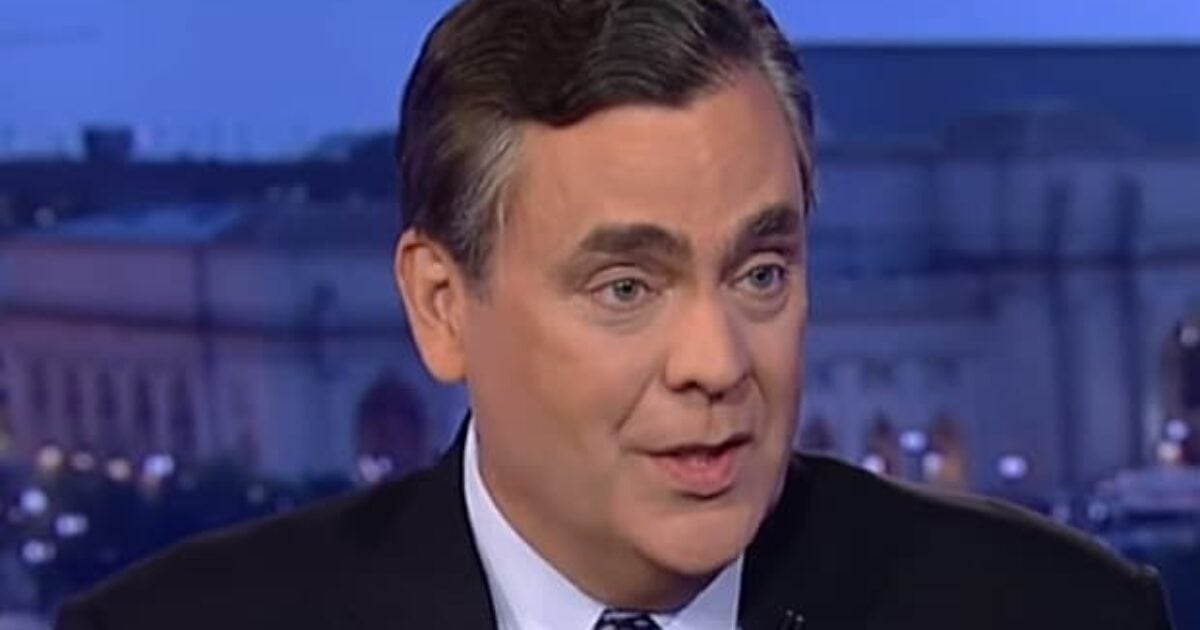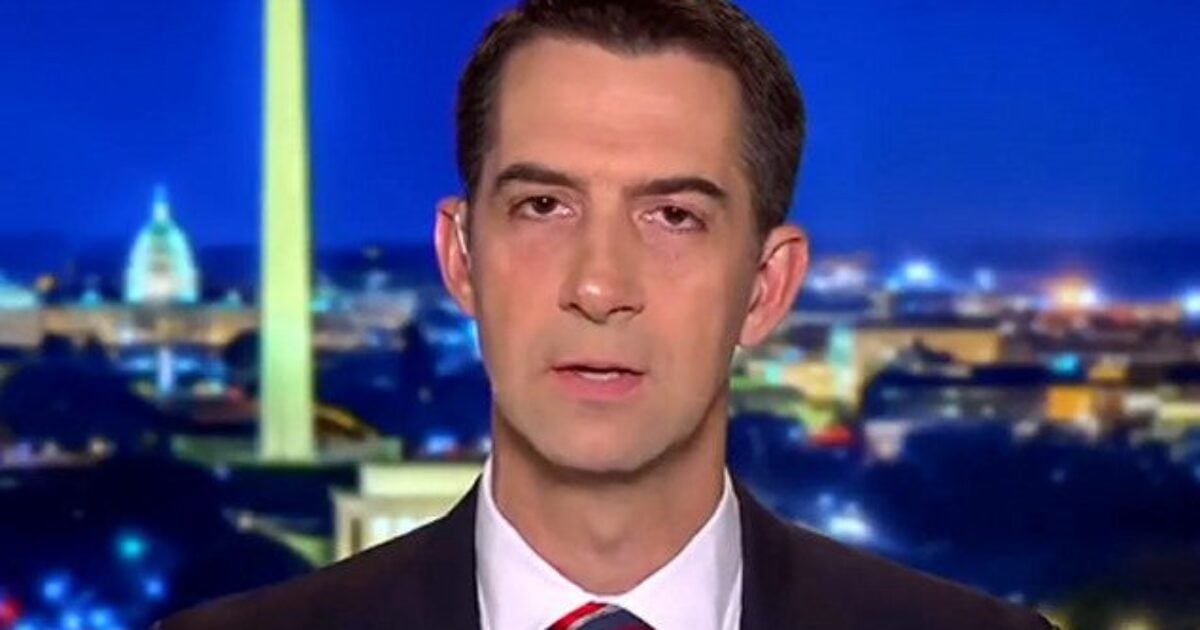Increasingly our best works of American history are being authored by writers who've never attended a faculty meeting. Think James Rosen on Antonin Scalia, Jonathan Eig on Martin Luther King Jr., or Joshua Prager on Norma McCorvey and Roe v. Wade. Add to that list Jared Cohen, president of global affairs at Goldman Sachs, who has published half-a-dozen books, including the 2017 bestseller Accidental Presidents, which chronicled the men who ascended to the Oval Office after the deaths of their elected predecessors.
Now Cohen has written Life After Power, which examines the post-White House lives of a somewhat odd assortment of seven former presidents: Thomas Jefferson, John Quincy Adams, Grover Cleveland, William Howard Taft, Herbert Hoover, Jimmy Carter, and George W. Bush. This is, needless to say, a mixed bag. Most everyone can identify Jefferson, few know anything about Adams, Cleveland is the one person who later returned to the White House after losing reelection, Taft and Hoover are largely forgotten, while Carter and Bush are both still with us.
Cohen says little about why he chose these seven and not others, say Bill Clinton or Dwight Eisenhower. His book displays an impressive breadth of sources and erudition, yet some chapters struggle to make a former president's life terribly notable while others, in contrast, offer striking and in one case soaring accounts of significant achievement.
Cohen notes how "former presidents retain a kind of power" and how they surprisingly "can sometimes accomplish more after the White House than in it." Thomas Jefferson's two terms were hugely consequential—think the Louisiana Purchase of 1803, which vastly expanded the size of the United States—yet Jefferson's chosen gravestone highlighted three of his non-presidential achievements, including authorship of the Declaration of Independence. It also, as Cohen narrates, included his late-in-life founding of the University of Virginia down the hill from his Charlottesville home. UVA "was more important to Jefferson than the presidency, and he always knew it would be," Cohen writes.
John Quincy Adams, the sixth U.S. president and the son of the second, left office in 1829 at age 61 but returned to Washington two years later as a member of the House of Representatives. Although he previously had displayed no particular interest in the issue of slavery, within just a few years Adams surprisingly emerged as "Washington's most influential abolitionist," both in the House and in successfully arguing a landmark 1841 Supreme Court case, United States v. The Amistad. Adams's new "higher calling," Cohen rightly argues, became "one of the greatest second acts in American history" and one that "would far outshine the first."
Cohen then skips all the way to the 22nd president, Grover Cleveland, who in just three years had gone "from a Buffalo law firm to the White House," with brief interim stops as his city's mayor and then New York's governor. Cohen accurately acknowledges that "history often forgets" Cleveland, who lost his race for reelection despite winning the popular vote but then returned for a second, non-consecutive term after defeating the incumbent to whom he had lost, Benjamin Harrison. Cohen perhaps purposely emphasizes how Cleveland's second term was far more troubled than his first.
William Howard Taft's one-term presidency (1909-1913) was a gift from his predecessor, Theodore Roosevelt, who turned on his successor and challenged his 1912 reelection in a race that both would lose to Democrat Woodrow Wilson. Only 55, Taft turned to teaching law at Yale and then fortuitously achieved the post he had always dreamed of, chief justice of the United States, when his own elderly appointee to that position died in 1921 and Republican president Warren G. Harding nominated the former chief executive. Taft's ensuing nine years leading the Supreme Court were vastly more influential than his White House term; should your curiosity and budget allow, former Yale law dean Robert C. Post has just published a two-volume, 1,400-page history of the Taft Court, price $250.
Taft retired and died in 1930, just as the Great Depression was swallowing the presidency of Herbert Hoover, theretofore a highly successful businessman and do-gooder. Cohen's account of how Hoover's "thirty-one year post-presidency was one of the most influential" is not quite as compelling as his chapter on Adams, yet it persuasively details how "former presidents—even unpopular ones—can be effective public servants," as Hoover demonstrated from the mid-1940s onward after forming a surprising personal bond with Democratic president Harry S. Truman.
Cohen then jumps all the way to Jimmy Carter, who left office in 1981 at age 56 and whose ensuing 42-year "active post presidency" was "the only one longer than Herbert Hoover's." Carter "viewed life after the White House as an extension of his presidency," Cohen observes, and there is no question whatsoever that today, at age 99, Carter "is remembered more for his time as a former than his tenure as president." Carter's numerous humanitarian projects helped earn him the 2002 Nobel Peace Prize, and he authored an astonishing 32 books, outstripping the similarly productive Hoover by about two-dozen.
By far Cohen's most curious selection is George W. Bush, but then only Bush was available for Cohen to meet and personally interview. "For Bush, politics ended the day he left office," Cohen stresses. Bush has "completely moved on from politics," and "he doesn't miss it. He doesn't try to reshape his legacy. He is not introspective." In speaking with Cohen, Bush firmly rejected any suggestions that he has regrets, or feels any guilt, about some of his presidency's least successful initiatives, particularly the Iraq war. Instead, since leaving the White House, Bush has devoted himself primarily to painting, and to making himself a more skillful and diverse painter as the years have gone on. This initially surprised his closest family members, but Bush now maintains sizable painting studios at all three of his homes, two in Texas plus the family's summer compound in coastal Maine. To Cohen, "the quiet president" seems entirely at ease with his post-Washington life.
In public opinion polling, Bush's popularity has undergone "a remarkable resurgence" as time has passed, just as has Carter's. Yet the contrast between their two post-presidencies could not be more stark, as is also true if one compares the relatively indolent Gerald Ford and Barack Obama with Carter, or with such earlier figures as Herbert Hoover and John Quincy Adams. Just because former presidents do indeed retain "a kind of power" does not mean that all of them choose to use it.
All in all, Life After Power is a richly rewarding and thought-provoking read. And given Cohen's relative youth (he's 42), sterling résumé, and comfortable personal finances, a reader cannot help but wonder whether Cohen's interest in the presidency might one day prove to be more than just historical.
Life After Power: Seven Presidents and Their Search for Purpose Beyond the White House
by Jared Cohen
Simon & Schuster, 486 pp., $32.50
David J. Garrow's books include the Pulitzer Prize-winning Martin Luther King Jr. biography Bearing the Cross and Rising Star: The Making of Barack Obama.
















